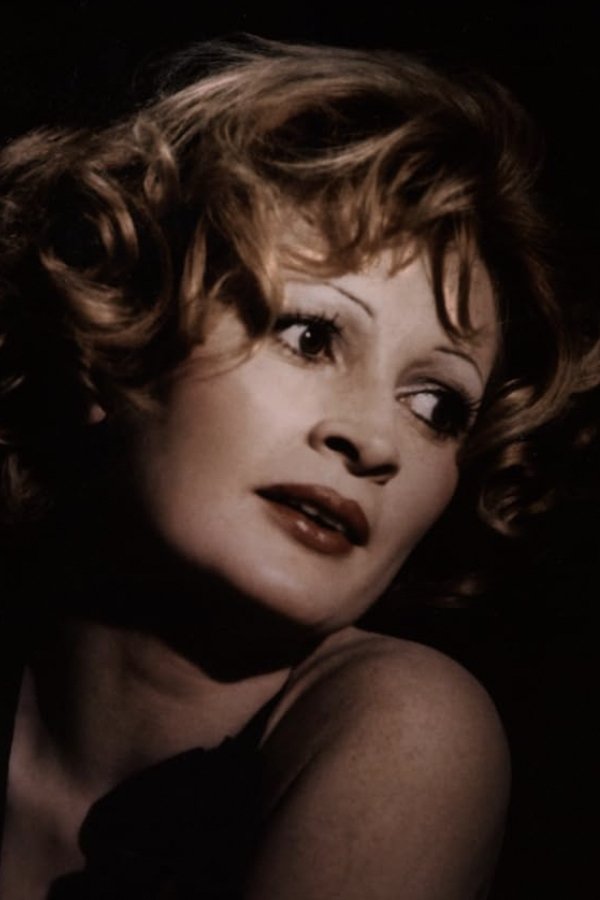
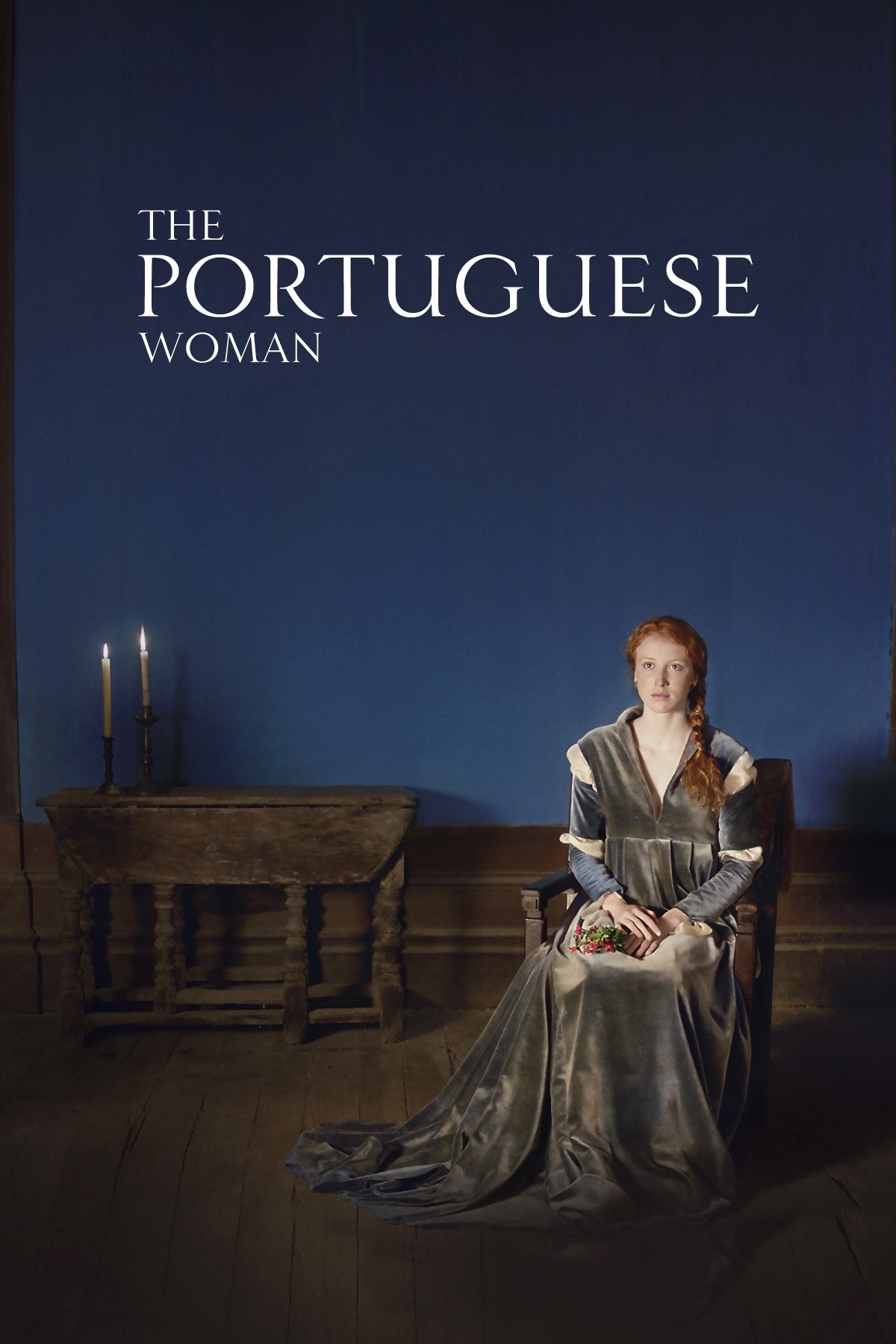
North of Italy, the von Kettens dispute the forces of the Episcopate of Trent. Herr Ketten seeks marriage in a distant country, Portugal. After their honeymoon journey back home, Ketten leaves again for the war. Eleven years elapsed… Rumours are running about the presence of that 'foreigner' in the castle. Some say she's a heretic. Until one day, the Bishop of Trento ends up dying and, with the signature of peace, falls the background of von Ketten's life. Will the Portuguese win, where death seems to be moving in?
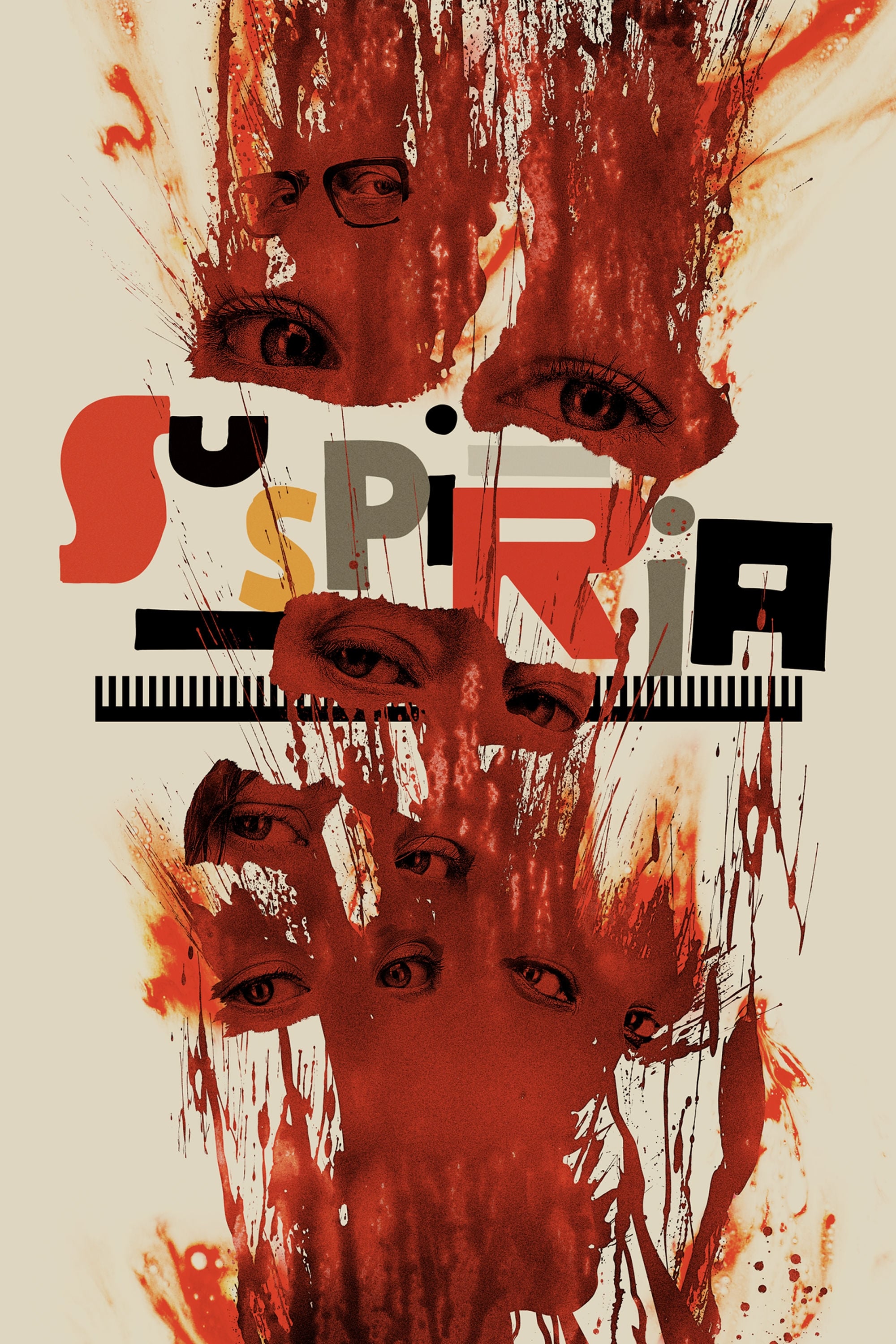
A darkness swirls at the center of a world-renowned dance company, one that will engulf the artistic director, an ambitious young dancer, and a grieving psychotherapist. Some will succumb to the nightmare. Others will finally wake up.
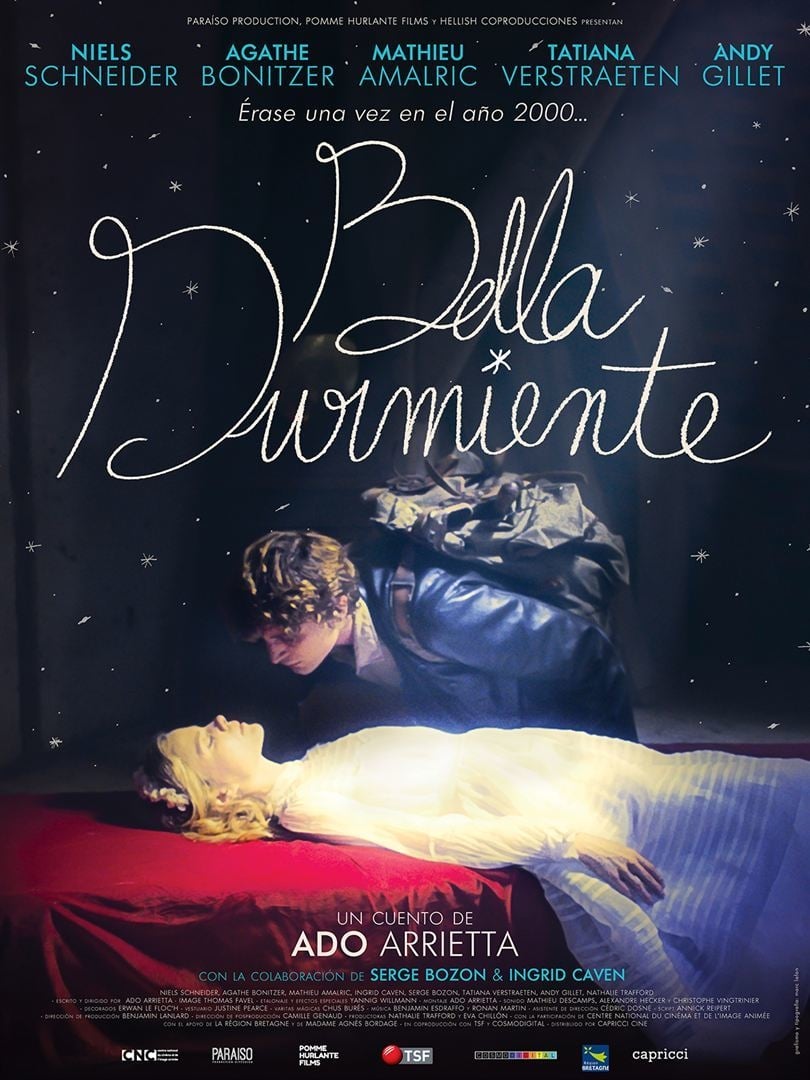
In the kingdom of Letonia, the young prince Égon spends his nights playing the drums. During the day, he only has one thing on his mind: finding Sleeping Beauty in the kingdom of Kentz and breaking the spell over her. But his father, the king, doesn’t believe in fairy tales, and is completely opposed to Égon’s dream. It’s Maggie Jerkins, an archeologist from Unesco, who will provide Egon with the opportunity to follow his heart.
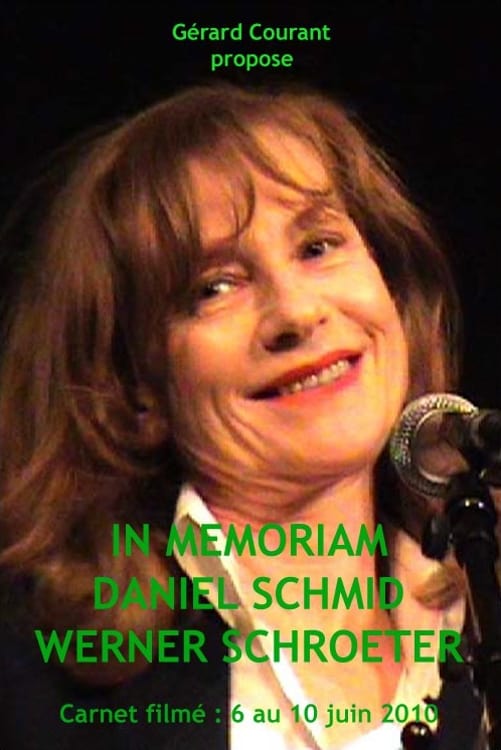
Swiss filmmaker Daniel Schmid died on August 5, 2006, and German filmmaker Werner Schroeter on April 12, 2010. They were close friends, and along with Jean Eustache, Rainer Werner Fassbinder and Philippe Garrel were the most innovative filmmakers of the post-New Wave era.
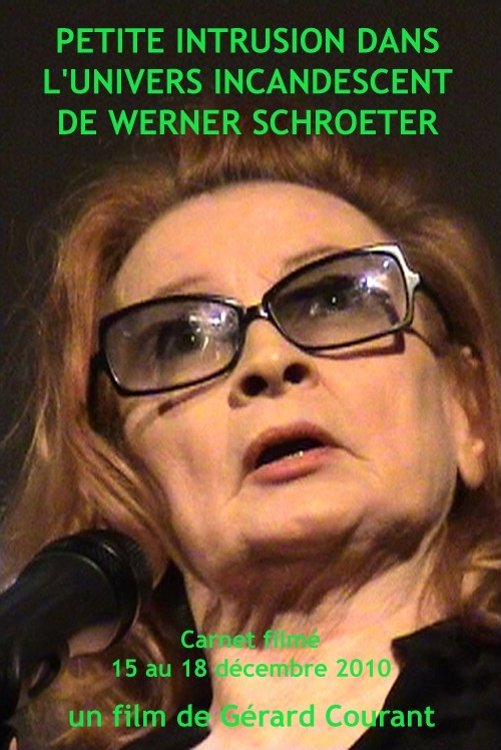
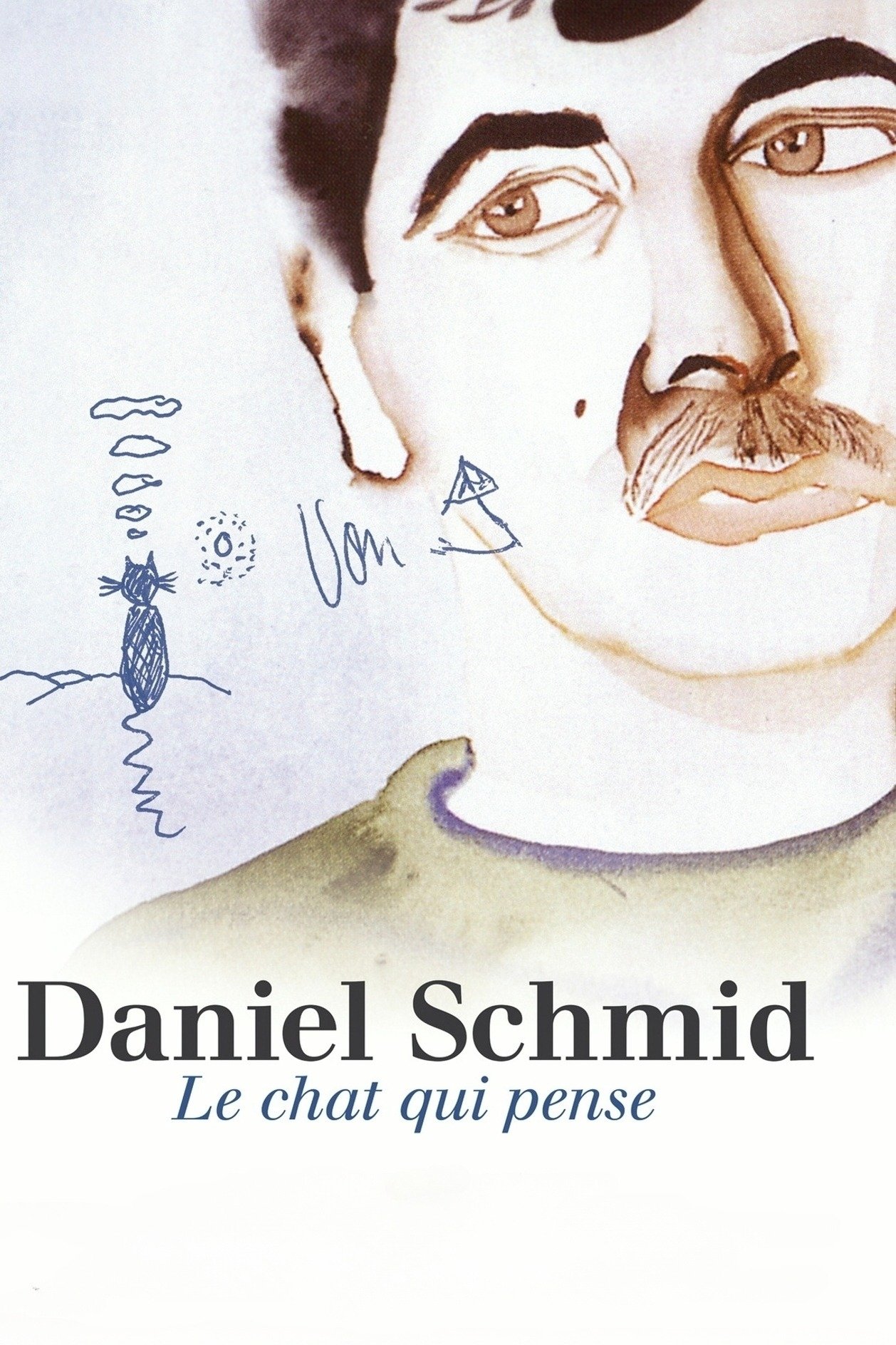
When director Daniel Schmid grew up, his parents ran a hotel in the Alps, and this singular setting was to influence his film. Rather by coincidence he came to Berlin in the early 1960s and became part of the new German wave. Schmid worked with, among others, Wenders and Fassbinder, for example as an actor in Wender’s The American Friend. He met Ingrid Caven, who was to play a diva in several of his films. This is a documentation of a part of modern European film history and a good analysis of artistry and how it corresponds to the individual behind the camera. A wealth of archival footage brings us close to many directors and actors in Schmid’s circle. If you’ve never seen a Daniel Schmid film, you are sure to want to after watching this portrait of his life.

A widower and his daughter witness the retirement of a colleague of his and the closing of her department at her university.
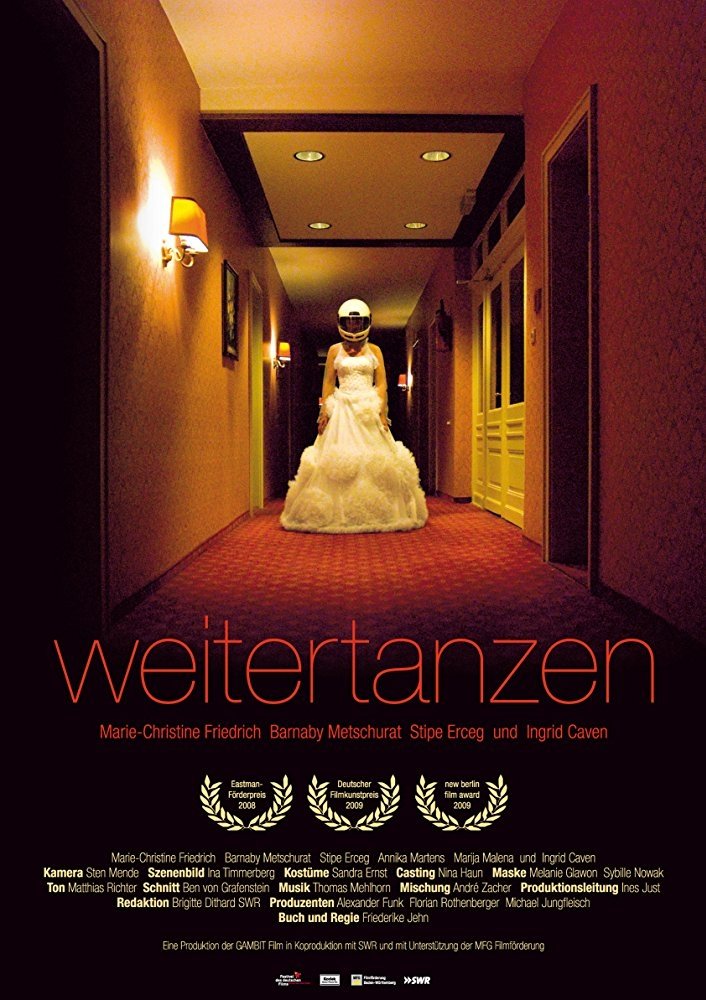
A bride's biggest fears regarding her wedding materialize in a bizarre nightmare.
Ronnie lives in a small sleepy village and is the owner of a small company for deep-frozen goods. Daydreams, contact ads, the firemen's brassband, the weekly visits at his shrink and his buddy Lars' cynical remarks about air guitar and vinyl-records are the highlights of Ronnie's life. Already, as a kid, he suffered from being under the pressure of his power- and manhood-fixed mother. Ronnie's feelings are as deep-frozen as his goods. Until the day, a wonderful being - one of the female kind - strands in the village. The local priest hires the young girl, a groupie with the name of Zoya, as housekeeper and within days, Zoya turns the whole manship of the village mad and horny. Also Ronnie falls for Zoya and, well yes, lucky for once, marries her. However, since the presence of Zoya, strange things have happened in the village. Everybody who tries to search in Zoya's unkown past dies, disappears. Slowly that well-known fear sneaks into Ronnie's body: men's fear of women.
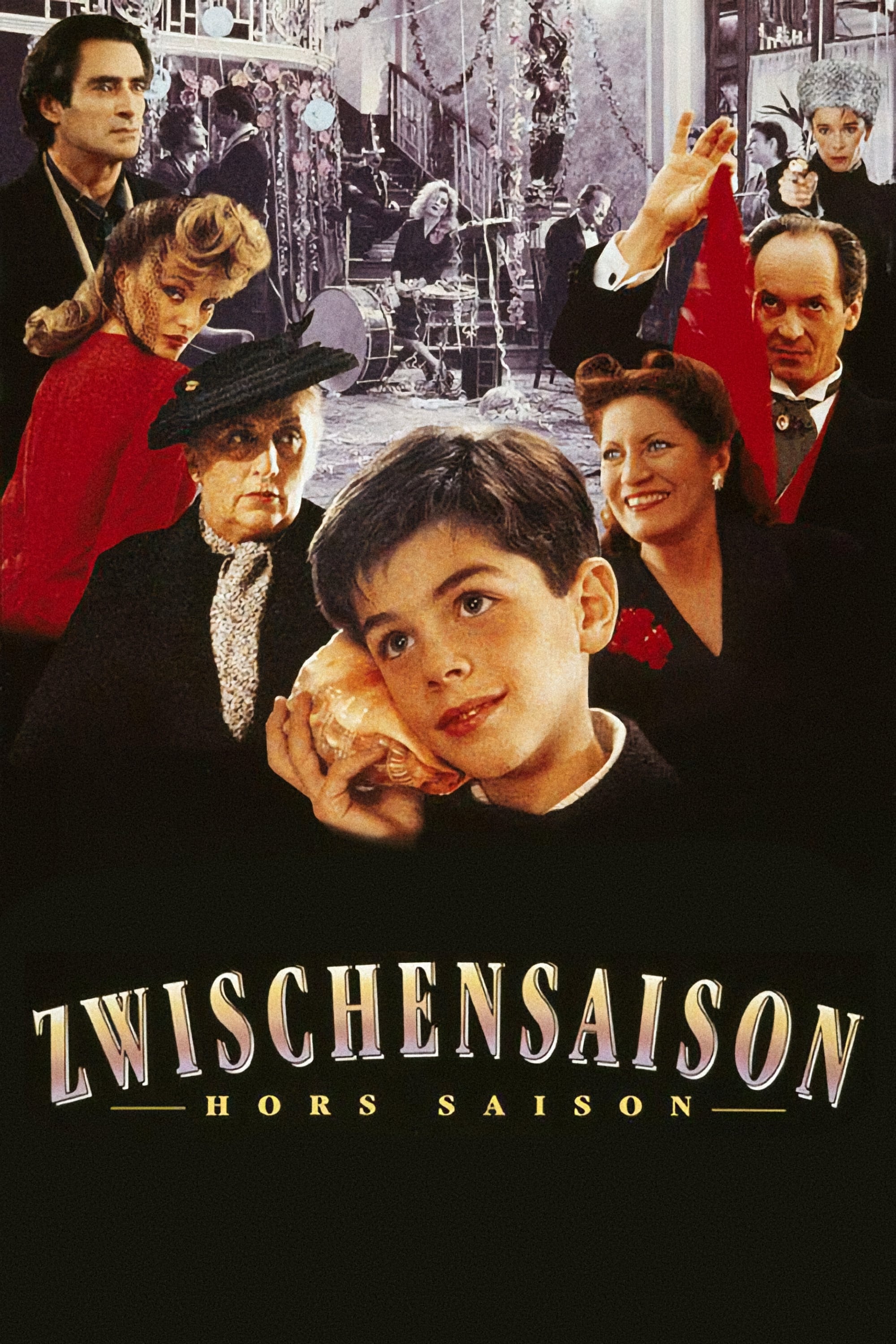
The formerly great Swiss hotel which Valentin’s family owned when he was a boy has been emptied and is about to be torn down. He revisits the magical site’s empty halls and ballrooms.
Ingrid Caven was born on August 3, 1938 in Saarbrücken, Germany as Ingrid Schmidt. She is best known for her roles in several films directed by her husband, Rainer Werner Fassbinder, including Love Is Colder Than Death (1969), Why Does Herr R. Run Amok? (1970), and The American Soldier (1970). She continued to appear in Fassbinder's films after their 1972 divorce until his death in 1982.
By browsing this website, you accept our cookies policy.